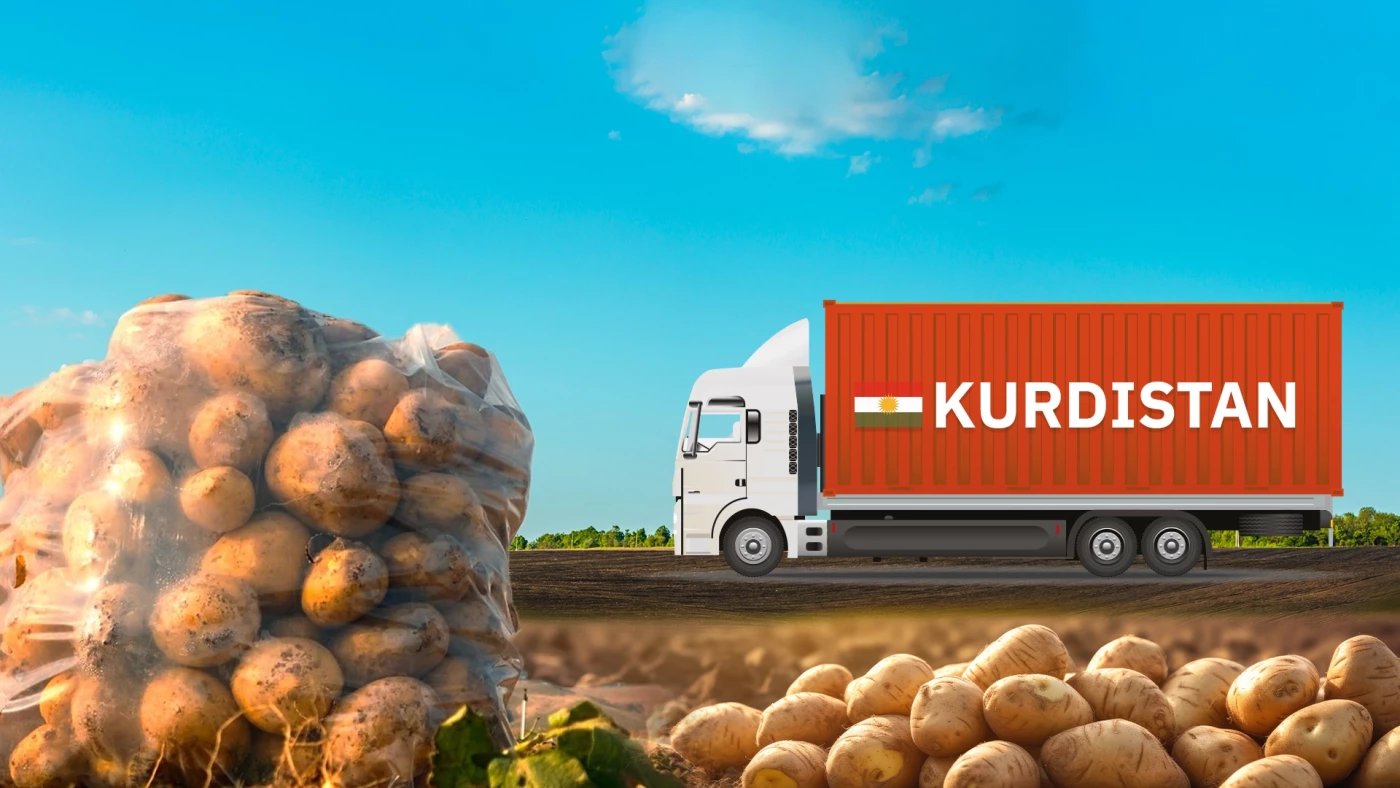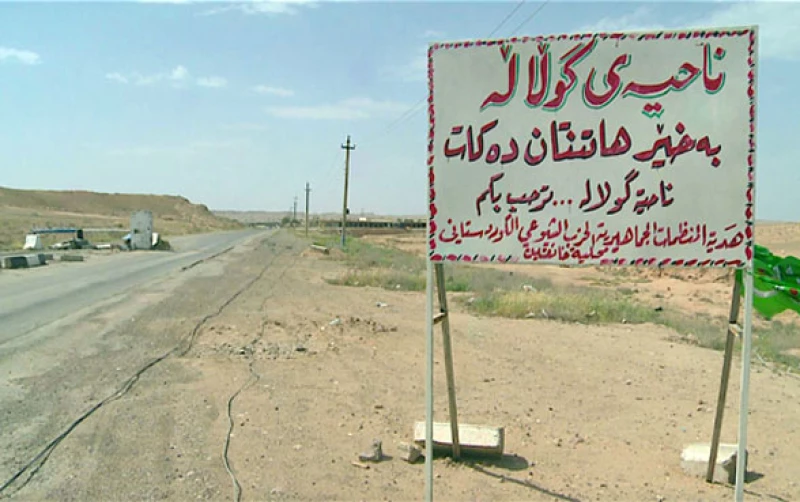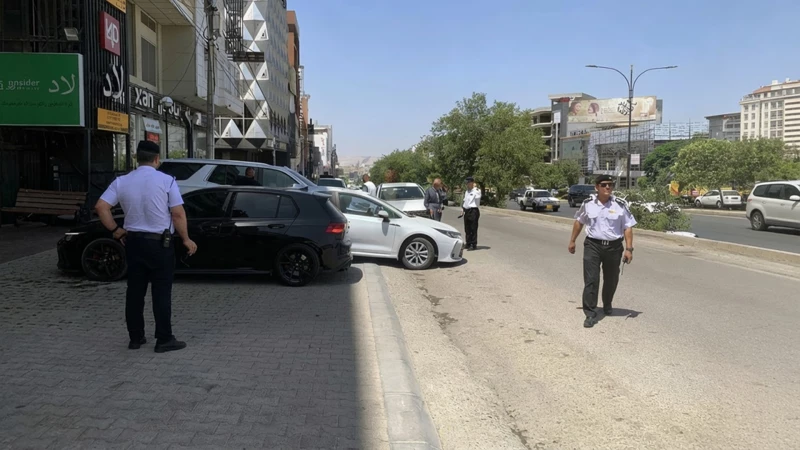ERBIL, Kurdistan Region of Iraq - The Kurdistan Region began exporting its potato produce to the western African country of Liberia, marking the first export of its kind to the continent, as part of the KRG's plans to diversify the Region's economy and support local farmers
The exportation came after the signing of an agreement between two Kurdish and Liberian companies to export 100 tons of potatoes from the Kurdistan Region to the African country.
As part of the agreement, 25 tons of potatoes were exported in the first phase of the process on Thursday.
Officials believe these exports will provide support to local farmers through creating markets both domestically and internationally.
Hiwa Ali, spokesperson of the KRG’s agriculture ministry, told The New Region on Friday that the shipment was done through Ibrahim Khalil border-crossing.
“A lot of things have been done to develop the sector of potato produce. Fifteen to 20 years ago, we did not have enough amounts of potatoes to meet our domestic needs, but now the production is abundant,” Ali added.
One of the key objectives of Prime Minister Masrour Barzani’s cabinet is to diversify the Region’s economy by exporting goods abroad.
A total of 86,453 dunams of land were planted with potatoes across the Kurdistan Region in 2023, yielding 800,000 tonnes, according to the agricluture ministry spokesman.
During the KRG’s ninth cabinet tenure, an estimated 8,000 tonnes of potatoes have been exported to Saudi Arabia and UAE.
In an interview with Ava Media, The New Region’s media partner, which was aired on October 4, PM Barzani said they were heavily focused on advancing the sectors of agriculture and industry in the Kurdistan Region to make them key sources of revenue.
"One of the never-ending natural resources is agriculture,” PM Barzani said. "We should be able to develop this sector so a lot of people could take advantage of the agricultural products, and we could establish food security for the Kurdistan Region and turn Kurdistan into a food basket to provide food security for other places as well.
"This will pave the way to strengthen the Kurdistan Region’s position in many ways, including creating more jobs, sending farmers back to agricultural works and resume farming.
"We succeeded in operating the industry sector, and exporting our products abroad. These things all help create jobs and stir trade movements.”
Yet, a key challenge gripping local farmers and the domestic produce is a myriad of imported goods in the Kurdistan Region’s markets.



 Facebook
Facebook
 LinkedIn
LinkedIn
 Telegram
Telegram
 X
X


